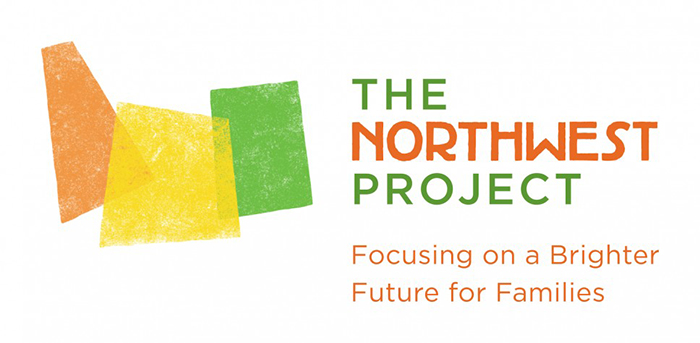The first year of The Northwest Project indicates the initial participants achieved significant progress toward economic self-sufficiency and increased income, along with improvements in health and wellness, housing stability and life skills.
In addition, NWP resources have provided benefit to the wider Grant Beach neighborhood and created a culture of volunteer and in-kind support that is extending the grant funding for additional participation and resources.
The NWP is funded by a $1.3 million grant from the Community Foundation of the Ozarks, with additional support from the Stanley & Elaine Ball Foundation, managed by Central Trust, and the Musgrave Foundation. The CFO awarded the grant in April 2016 to a partnership led by the Drew Lewis Foundation, Missouri State University and Drury University.
The grant is structured on a renewable basis tied to an annual review. The grant review committee, comprised of community volunteers, voted unanimously this month to extend funding for the second year. To see the full report, visit: www.cfozarks.org/northwest.
The NWP is focused in northwest Springfield, where poverty exceeds the city’s overall rate of 25.6 percent. The CFO awarded its largest single grant ever to create a pilot project to help families emerge from living in poverty and sustain their improved circumstances over time.
“We are encouraged by the results of the first year of our programs,” Project Manager Amy Blansit said. “The hard work and resiliency of our participants cannot be understated when we look at our success.”
The project’s core involves groups of families – three cohorts during the first year representing 20 households with 87 adults and children – who participate in an intensive 16-week Circles® program. They work toward 10 “pivotal assets” such as quality child care, reliable transportation, monthly budget management, parenting skills and job training. The concept was inspired by the 1,000 in 1,000 program in Jacksonville, Florida, which found that participants who achieved at least seven of their similar goals had significant success in emerging from poverty.
Following that initial 16-week period, participants continue working with case-management coaches and volunteer community “allies” for 18 months. While the project is too new to report long-term success for the participants, most have reduced their household debt, increased their income, and are on track to achieve seven of the 10 pivotal assets by the end of 18 months.
“We are pleased with the outcomes after the first year,” CFO President Brian Fogle said. “The first 12 months of the Northwest Project have demonstrated the complexity of poverty, and the many challenges low-income families have in facing each day. It has also reinforced, though, that we as a community can help transform lives for the better if we all work together in a systematic way.”
The report reflects the first three cohorts of families based in the Grant Beach neighborhood, served by The Fairbanks community resource center. The fourth cohort is now underway in the neighborhood served by the Robberson Community School. The program plans to expand to two more northwest neighborhoods in the second year, including a group starting in the Woodland Heights neighborhood in May.
Additional findings from the one-year report include:
- A majority of participants reported during the start-up process that they were victims of childhood traumas, such as physical, sexual or emotional assault. The grant team believes this warrants further evaluation.
- 91 percent of families are caring for children with special needs, which is significantly higher than the national rate of 35 percent. The grant team will further explore support for these challenges.
- More than 57 community-based agencies have participated in NWP programming. Volunteer efforts account for more than 770 hours of service; professional services have been provided for dental services, banking and debt consultation and affordable housing.
- Thanks to the value of the donated and in-kind resources and sound grant management, the NWP achieved cost savings in year one that, if continued, will allow more participation by the end of five years and development of additional resources for needs identified for families with special-needs children and victims of childhood trauma.
“We’re looking forward to making an even greater difference in northwest Springfield as our resources and influence grow,” Blansit said. “I’d like to thank not only our partners at MSU, Drury, and other city organizations, but every volunteer and donor who has donated time, money, and expertise.”


